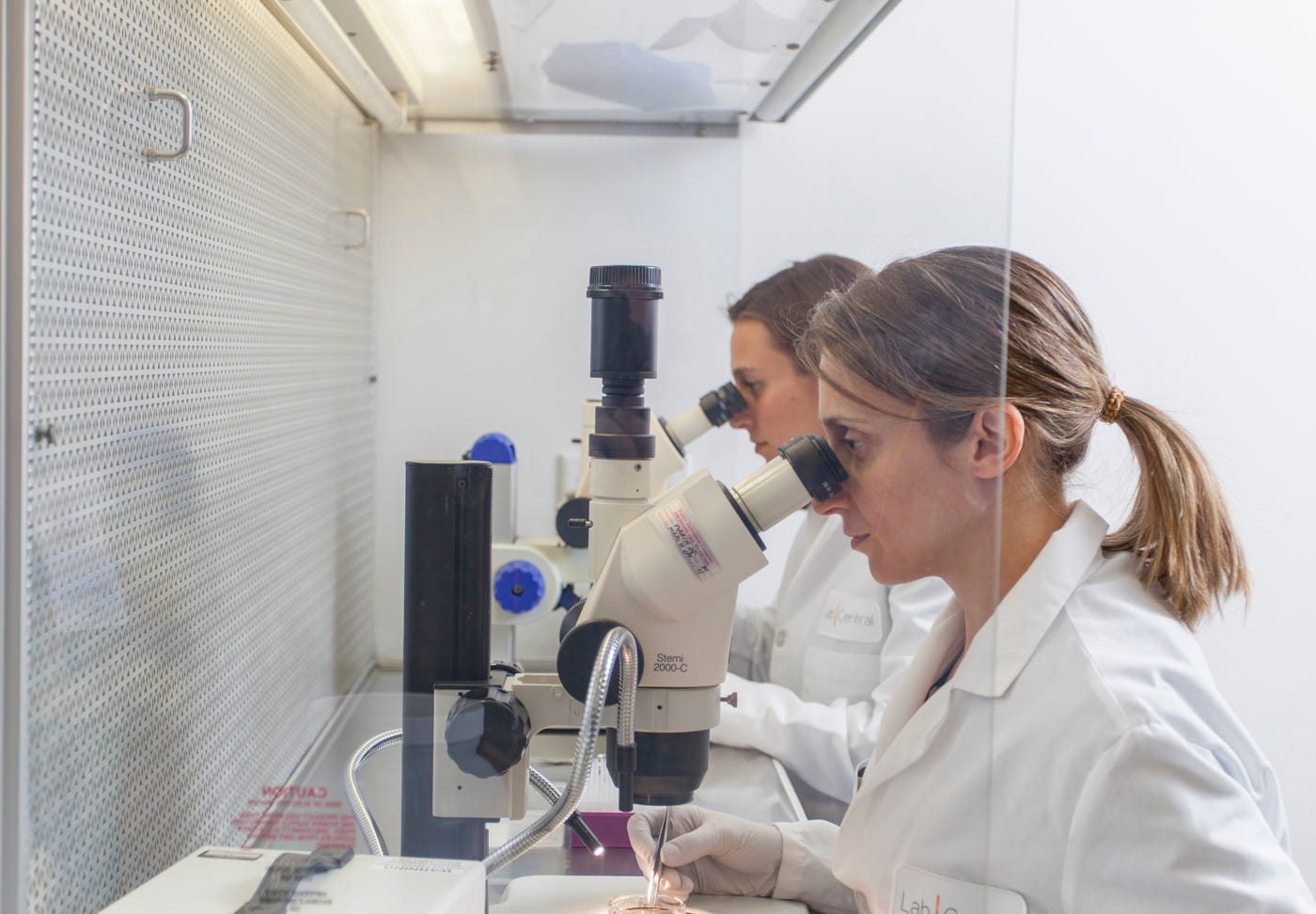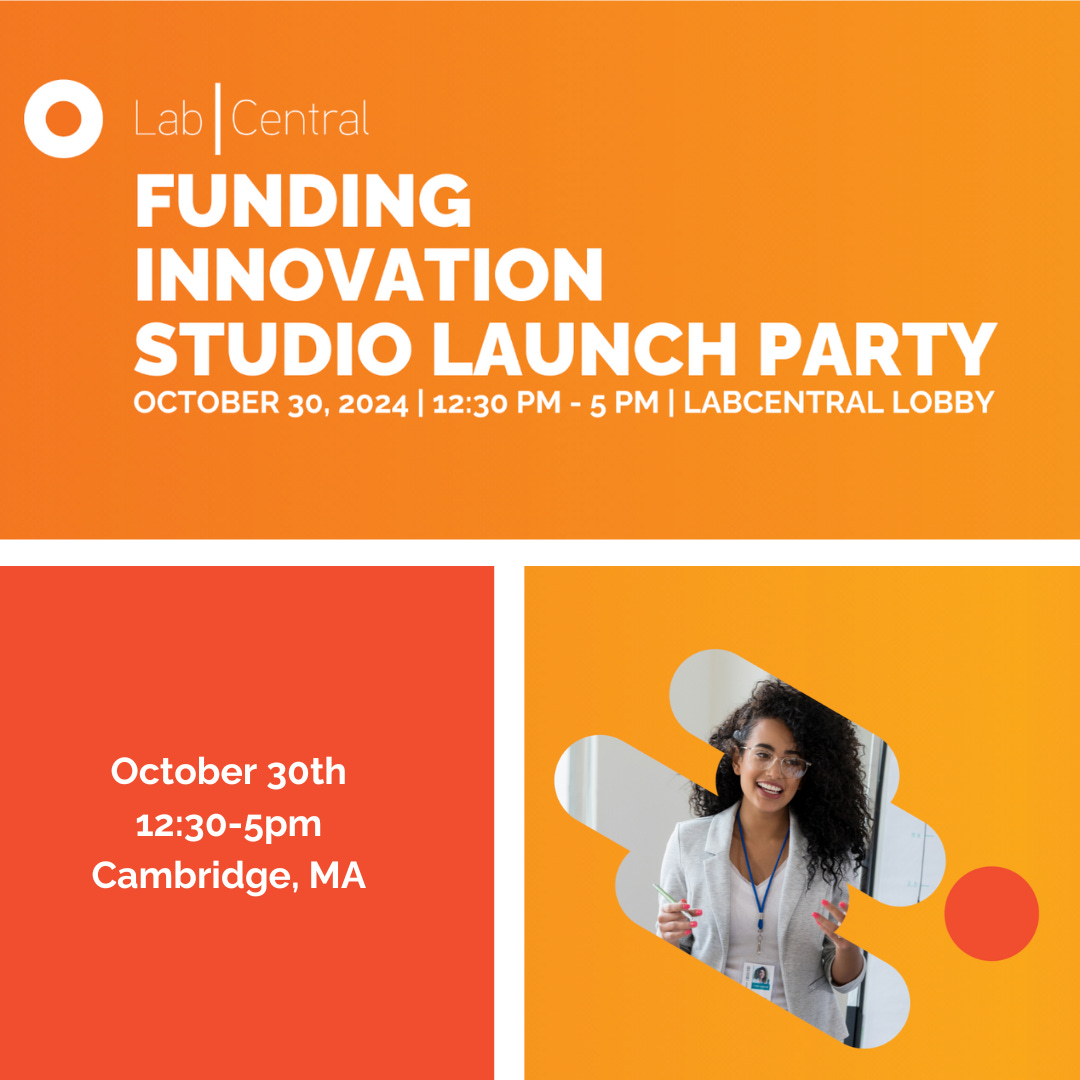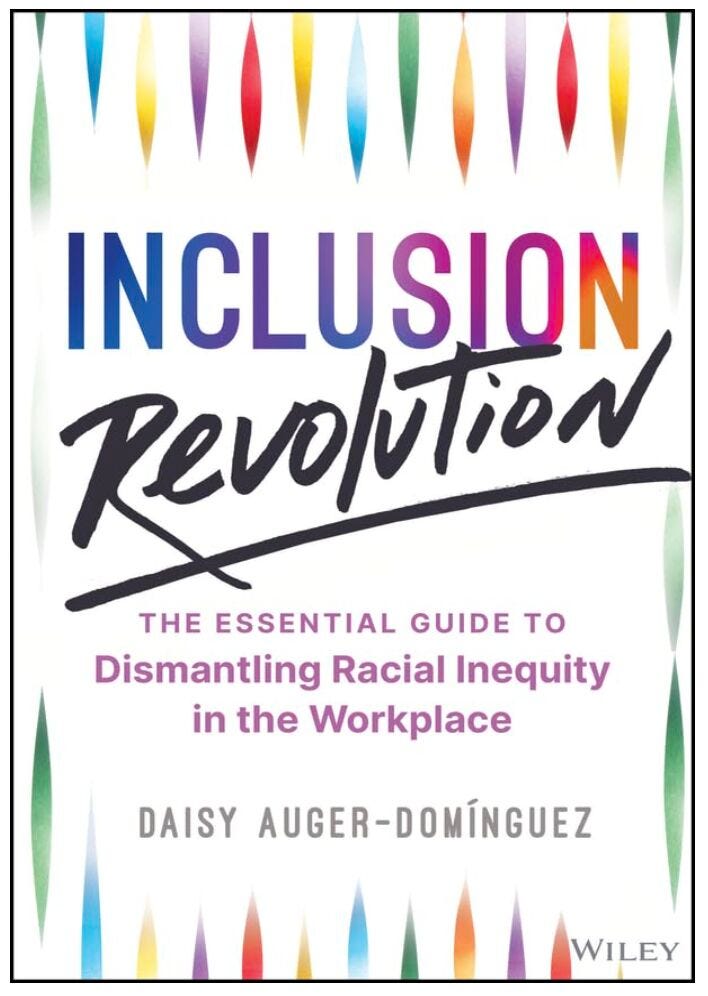We are just two weeks away from our 2024 Inaugural Sprint Showcase on October 30th (join us!). Last week, I described how we think about success of our individual sprints. Today, I want to share what success for the Funding Innovation Studio looks like at a macro or portfolio level.
Imagine a year from now, we have run somewhere between ten to fifteen sprints and have a decent collection of recommendations with promising early results. As exciting as that future sounds, it’s not really success yet.

All of these experiments are only useful if they lead to real behavior change by the folks doing the work in the real world. For this reason, our true measure of success is measured in Activations, when an organization or individual takes one of these recommendations and activates it within their own practice.
In the early days of tracking activations for our recommendations, we’ll continue collecting and reporting data to see if we observe similar outcomes as the sprint results. We’ll be looking for replicability.
As we gain more confidence that the recommendation truly creates the kinds of outcomes we predict, the number of individuals and organizations activating a recommendation becomes a measure of how well integrated this new behavior is becoming within a set of emerging best practices.
Because the Funding Innovation Studio has an open-source policy for our experiments, we’ll be sharing all of this! At our Showcase event on October 30th, we’ll be sharing the specifics for the two sprints we’re running this fall as well as introducing the public-facing Activations Leaderboard where you will be able to:
see the recommendations for each successful sprint
get step-by-step instructions on how to activate the recommendations in your own work
provide data and feedback from your activations to continue to strengthen our collective understanding of the impact of the recommendations.
Success for the Funding Innovation Studio ultimately looks like real, visible adoption of more inclusive practices across the venture funding community. It looks like nudges that are so easy to integrate, basically everyone is doing it. It looks like founders actively seeking out investors that have adopted some of these best practices, just as savvy job seekers look for outward signs a potential employer shares their values.
It all starts with generating promising results from individual sprints. Then, we work together as a community to activate those results and start building a case for new, more inclusive best practices. Join us for the Sprint Showcase on October 30th to hear about the results from our first two sprints and, how you can activate the potential recommendations within your own work.
We’re Official!
Since July, I’ve considered all of our work a sort of “beta release” as we tested components of the process and ran two pilot experiments. Now that we’re ready to officially launch, we’re rebranding as the Funding Innovation Studio. Check out the press release announcing our official public launch and please share widely with your network!
Research Spotlight
I’m excited to launch a new feature in this newsletter. For the next few weeks, I’ll be sharing insights by Siri Chilazi, Senior Researcher at Harvard Kennedy School Women and Public Policy Program. Siri’s work deeply aligns with the approach we are taking at the Funding Innovation Studio. Siri also participated in helping us design one of this year’s sprints and will join us at the Sprint Showcase on October 30th. This post was originally published on LinkedIn and is shared here with permission.
Even the most promising solutions don't always work universally.
That's why testing and measuring the effects of your initiatives is crucial if you're serious about seeing real results in diversity, equity, and inclusion (DEI).
Let's look at a common DEI practice: anonymizing application materials by removing candidates' demographic information, addresses, and school names to minimize potential evaluation bias.
In her insightful book "Inclusion Revolution," Daisy Auger-Domínguez (she/her/ella) shares an interesting case study from her time at Google: Hiding names during the screening process increased the fraction of female engineers at every stage of the hiring process, resulting in more women being hired.
However, anonymization didn't have the same positive impact for applicants of color. While slightly more made it through the screening process, the share of African American and Hispanic software engineers at the interview stage remained unchanged.
This example illustrates a crucial point. While anonymization has proven effective in many contexts, it doesn't necessarily work for every organization or demographic group. Key takeaway: If you're considering implementing anonymization (or any DEI initiative) in your workplace, run an experiment to determine the results first.
You might be surprised by what you learn – and those insights can help you tailor your approach for maximum impact.
The Funding Innovation Studio is a non-profit program, founded by LabCentral and led by Beth McKeon, with a mission to increase funding inclusion, access, and opportunity for women and BIPOC founders in the life sciences.
The Funding Innovation Studio convenes and supports innovators from across VC, universities, and entrepreneurial support organizations as they run rapid design sprints to solve the persistent systemic barriers and bias in the fundraising and capital deployment process. The Funding Innovation Studio has an open-source policy, sharing the wins and fails from these experiments here on Substack and with its community of practitioners with the goal to see widespread adoption and replication of emerging best practices in this field.






